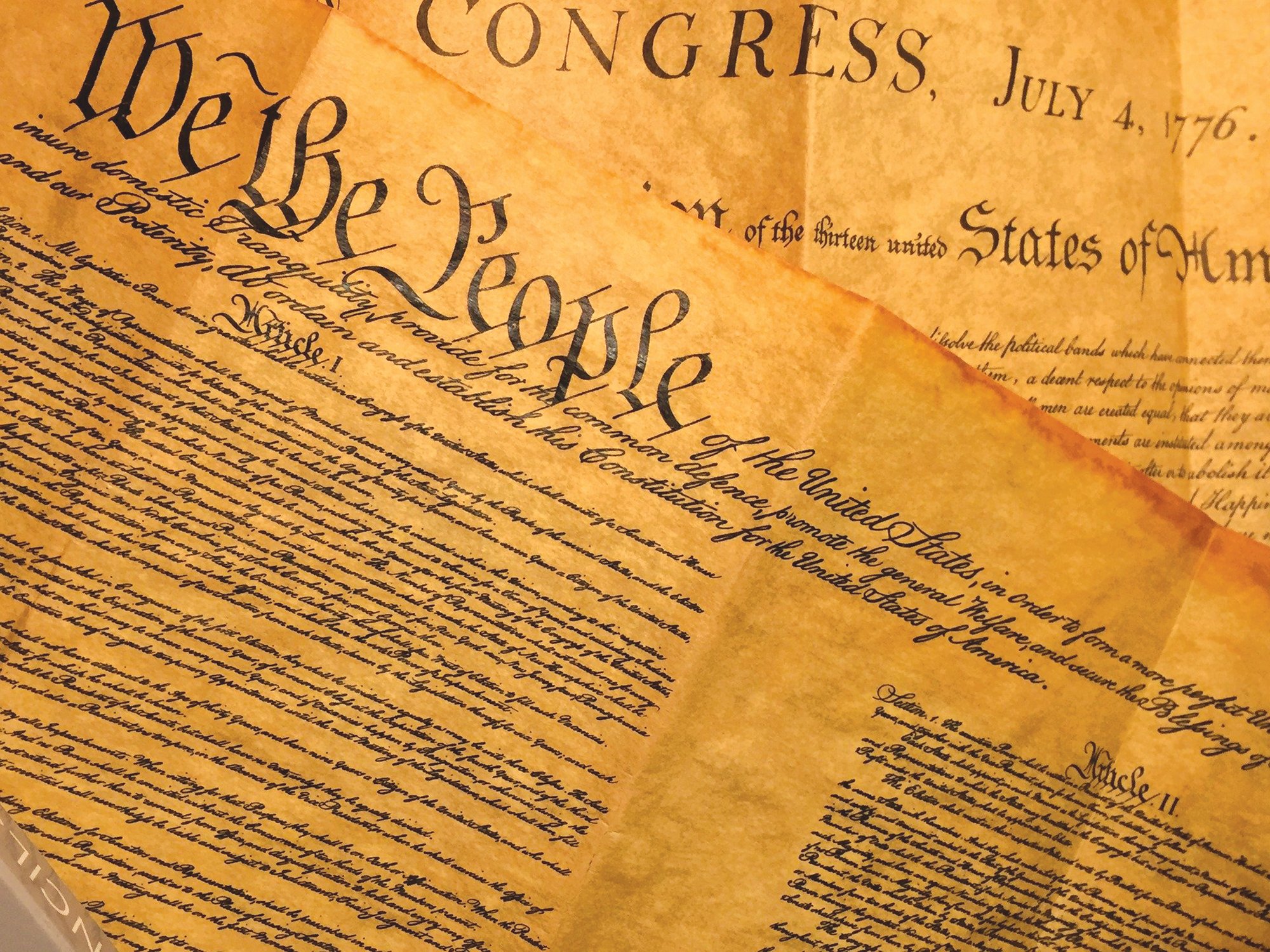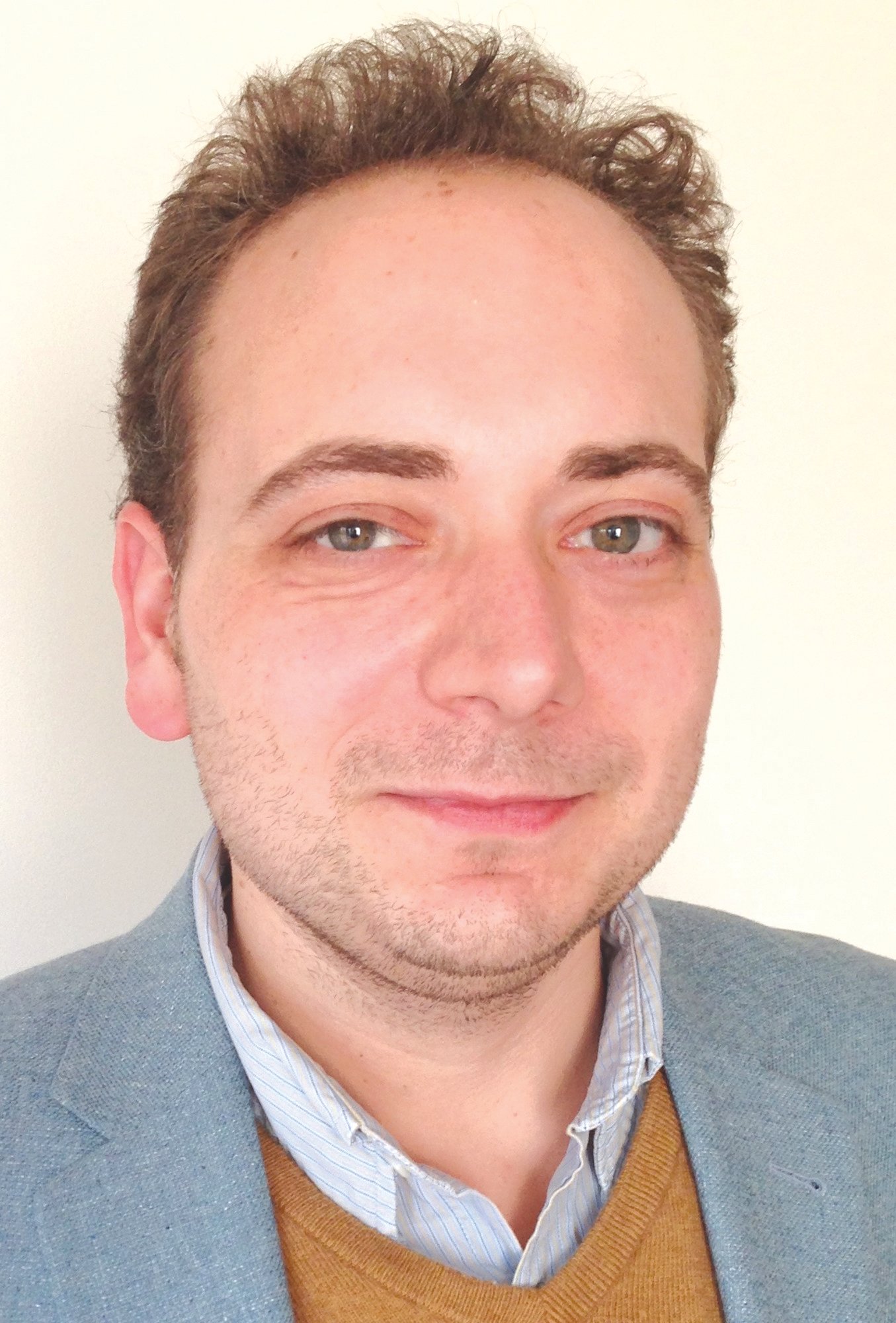Opinion: On Constitution Day, looking forward to the election


Four years ago, I wrote a Constitution Day column in the midst of a contentious presidential election. In that column, I quoted the great political scientist Hans Morgenthau on the exceptional nature of American presidential elections:
"The democratic, civilized way of deciding the issue of who shall hold political power through the ballot box - and the defeated candidate leaving the White House and going back to Texas, or whatever state it may be - is a very delicate flower of a very high political civilization. It's an exception to the rule, and one ought not to forget that."
What Morgenthau is saying is: Throughout the course of human history, political questions have most often been settled by violence. We in the United States are immeasurably lucky to have a political system in which this isn't the case - in which we settle our political questions, however contentious, by voting. Everyone knows the rules of the game, and everyone accepts the outcome. This, says Morgenthau, is truly exceptional.
This kind of American exceptionalism comes from our Constitution and the system of government it creates, but it also comes from more than just the letter of the law.
It comes from a reverence for our republican form of government and a deep conviction that its integrity must be maintained. It comes from an understanding of our way of life as the product of much blood and toil, as something we are lucky enough to have inherited and something we ought to cherish and protect. And it depends, at bottom, on the basic decency of our leaders and their unwillingness to uproot the "delicate flower" we've been given.
The presidential election of 2020 is contentious - as many others have been before - but we'll get through it, just like we got through all the others. Conducting an election in the midst of a pandemic is a challenge, but our presidential elections have faced challenging circumstances before. Two of our presidential elections have been decided by the House of Representatives. In the year 2000, the U.S. Supreme Court had to adjudicate a dispute about recounting ballots, which meant that we didn't know who the president would be until a month after Election Day. We've held elections during wartime, and we've held one during a civil war. We can, and will, hold a free, fair and honest election during this pandemic.
COVID-19 means that aspects of this election might be different - as has been the case when we've faced challenges in the past. For one, we will probably see many more mail-in ballots than usual in this election, since many Americans may be understandably wary of crowded polling places.
This should not be cause for worry. The challenges associated with an uptick in mail-in voting are challenges we can absolutely meet. Our postal system may struggle with an increase in time-sensitive election mail - but no more than we've struggled in all recent elections with long lines, broken voting machines and innumerable other difficulties. An increase in mail-in voting may mean that we don't have a result on election night, but that's OK - we waited a month in 2000, so we can wait this year, too. As far as worries about the integrity of our elections, there is no evidence that impersonation, non-citizen voting or other voter-level fraud has played a meaningful role in any recent presidential election, and there is no evidence that mail-in voting is any more prone to fraud than any other kind of voting.
As we get ready to vote, it's worthwhile to remember how delicate this whole exercise is. As Morgenthau reminds us, it's a rare thing for human beings to settle their differences at the ballot box. It's an exceptional thing that in the United States, the winner of our elections takes office, and the loser simply accepts the result and goes home.
We've always depended on Americans - candidates, office holders and ordinary citizens - to show reverence for our constitutional order, to be decent rather than destructive. We've counted on one another to live up to the challenge of self-government, and we've not yet been disappointed. I don't think we will this year, either.
Damien K. Picariello is associate professor of political science at USC Sumter.
More Articles to Read
